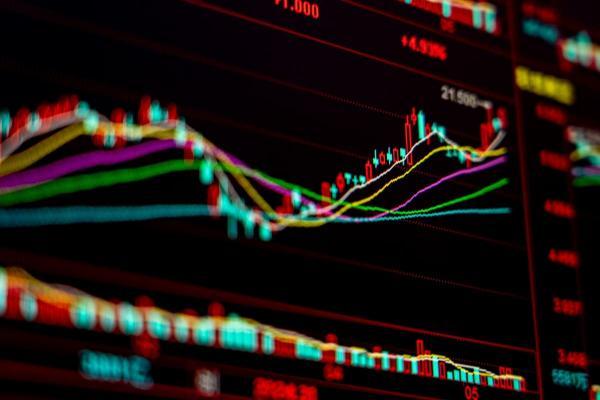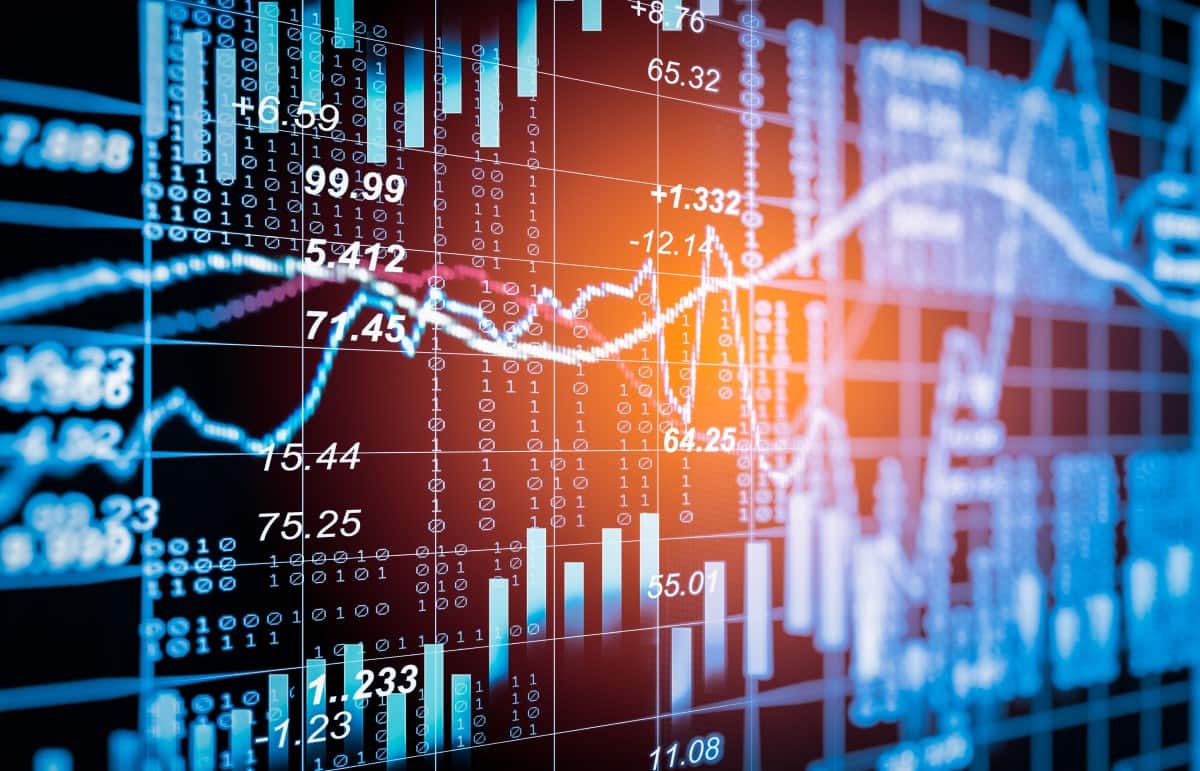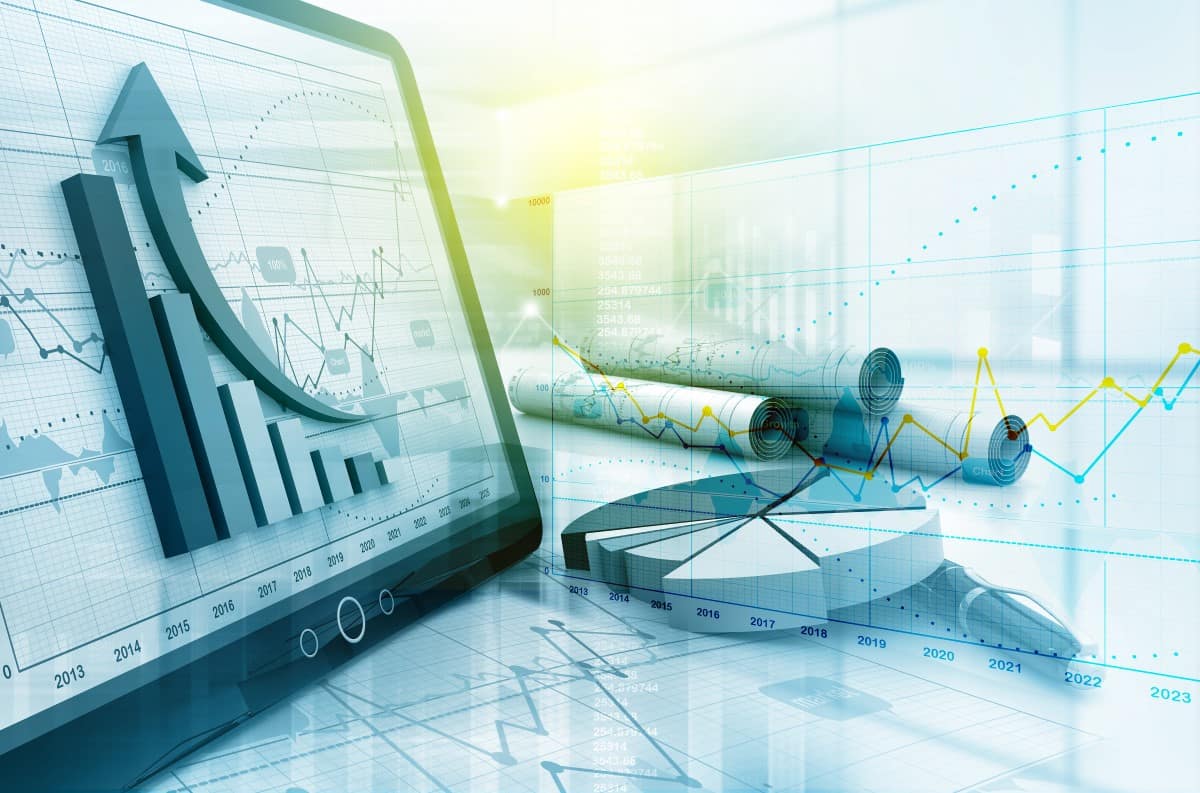

Liquidity: How to Find the Right Assets and Markets
What Is Liquidity?
Let's start by unravelling the meaning of liquidity. There are two types of it: Market liquidity and financial liquidity.
Market liquidity determines the degree to which a security can be purchased or sold quickly at an acceptable price. Simply stated, liquidity determines how quickly sellers can sell and buyers can buy a specific asset.
Financial liquidity determines how quickly and easily the asset can be converted into cash. It's important for investors in real stocks and bonds if we talk about financial markets. It's vital to understand how fast you can convert owned securities into money. If you concentrate on the forex market, financial liquidity is less essential for you.
Market liquidity determines the degree to which a security can be purchased or sold quickly at an acceptable price. Financial liquidity determines how quickly and easily the asset can be converted into cash.
Although the definition of financial liquidity is quite simple, we want to share a life example. Imagine you want to buy a washing machine. If you have cash, you can go to the shop and get a new washing machine. Cash is the most liquid security. If you have a credit card instead of cash, you're more likely to buy the washing machine without any problems as shops accept credit cards.
But what if you don't have cash or credit cards, just shares? Then you'll have to perform some operations on the stock market. Only after that will you get cash to buy the washing machine. Although equity is a liquid asset, it still takes time to exchange it for money.
Now imagine that you don't have cash, cards or shares, but you still need that washing machine. In this case, you'll have to sell something and find a buyer who will accept your price. It'll take even more time to exchange this security for cash. That means that the last asset is the least liquid.
Liquidity: Why Is It Important?
Any trader or investor needs to understand how liquid the market is.
Market liquidity affects many aspects of trading.
- The price at which your order can be executed. Imagine you want to sell the USD/TRY currency pair at 7.65. However, there aren't enough buyers willing to accept this rate. As a result, your trade won't be executed at the desired price.
- The time of trade execution. If there's no seller/buyer on the counter side of the trade, there's no opportunity to execute the order. An investor should wait until market participants appear.
- Spread. The less liquid the market is, the higher the spread will be.
Financial liquidity allows investors to understand how quickly they can convert securities into cash. It's a key point if you want to purchase shares or bonds. Knowing their degree of liquidity, you can be sure you'll get money as soon as you need it.
Market Liquidity vs Volatility
Liquidity is interconnected with volatility. Both terms relate to market risk. High volatility and low liquidity of assets provide additional risks for traders.
Liquidity is interconnected with volatility.
In times of increased volatility, it's vital for traders to choose a highly liquid market. Imagine you want to sell an asset because the market is fluctuating significantly. However, the market is illiquid, and there are no buyers who can satisfy your order. You can't execute your trade, and the risk of losses increases significantly.

The Most Liquid Markets
Liquidity occurs in different financial markets. However, the degree of liquidity doesn't directly depend on the market but rather on traded securities. Still, we can highlight the most liquid markets. Let's consider what degree of liquidity you can expect.
Forex
It's no secret that forex is one of the most popular financial markets.
First, cash is the most liquid asset as it's used as a payment means everywhere. Second, it's one of the most easily accessible markets. Third, governments, banks, big corporations and investment houses are its significant participants.
The forex market is represented by different currencies. Major currency pairs provide high liquidity, while exotic ones have low liquidity.
Stock Market
Stocks are widely traded assets. This market is more complicated and less accessible than forex. Still, investors all over the world enter it to increase their income.
The same principle behind high- and less-liquid stocks applies to the forex market. You should also understand that stock market securities are measured by financial and market liquidity.
Commodity Market
Another high liquid market is the commodity market. Previously, it was considered a less-liquid market, but since CFDs, ETFs and futures were developed, the commodity market has become more popular among traders, thus increasing market liquidity.
Different commodities have different degrees of liquidity. In the following paragraphs, we'll explain what degree of liquidity they have.
Bond Market
The bond market provides high financial liquidity. Yet, you should keep in mind the reliability of companies whose bonds you want to purchase. Companies from stable industries and with a big cap are supposed to provide high liquidity.
Financial Instruments: High Market Liquidity
As mentioned above, the liquidity of assets differs. So, let's talk about market liquidity.
Major Currencies
Major currencies represent the stable economies of developed countries. These currencies are used in world financial operations. That's why they provide high liquidity. If you're a beginner, choose major currencies to avoid illiquid trades.
Oil
Most traders prefer oil despite its high volatility. And although oil prices are hardly predictable, oil is one of the most usable assets with different options to trade.
Gold
Gold is the most liquid asset among metals. As you might know, gold is used as a safe-haven asset that many traders use to hedge risks.
Large-Cap Stocks
The most liquid shares are those of blue-chip companies. Such shares are traded at world stock exchanges. There's a theory that companies with a large market capitalisation are more stable, and their shares are more reliable. They'll always attract investors, so the liquidity of assets will most likely never be low.
Financial Instruments: Low Market Liquidity
Let's consider the securities that may create problems, especially if you're a beginner.
Exotic Currencies
Exotic currencies are the least liquid assets on the forex market. This is caused by the fact that investors avoid these securities given the difficulty to predict their direction. Usually, it depends not on events listed in the economic calendar but on political events and global market sentiment. A high degree of unpredictability pushes investors away.
Exotic currencies present emerging markets, i.e., developing countries, whose unstable economic and political situation keeps investors from trading these assets.
Small-Cap Shares
Although the stock market is one of the most liquid, small-cap shares are less liquid than big companies. If you don't have enough funds for blue-chip corporations' stocks, you can try trading shares of smaller companies. You should understand that there's the risk of a smaller number of market participants.
Assets: High Financial Liquidity
Financial liquidity differs from market liquidity. Financial instruments are supposed to differ, as well.
Bonds and stocks have high financial liquidity, as they're easily converted to cash. You should consider the many factors that affect their degree of liquidity, which we'll mention later. These securities are converted to cash with limited efforts.
Assets: Low Financial Liquidity
If you're thinking about such assets as real estate, art, stamps, buildings or coins, you're unlikely to find buyers for them easily. That's why their degree of liquidity will be much lower than those of stocks and bonds.
Moreover, if you decide to convert restricted equities, their liquidity is also supposed to be low.

How to Measure Liquidity
There are two degrees of liquidity. High market liquidity is when there are enough buyers and sellers, and an asset can be easily traded. High financial liquidity is when you can easily convert your asset into cash because there are buyers on the market.
Low market liquidity occurs when there are few market participants, and the trade can't be executed. Low financial liquidity means that your asset is rare and unpopular among buyers.
In common words, liquidity can be calculated using the trades or pending trades volume currently placed on the market.
We've covered financial markets in general. Let's consider the most liquid ones and how to measure their liquidity.
Forex Market
To define liquidity in the forex market, you can apply volumes on the price chart. Volume bars show traders whether the trade is extensive or not.
Also, the liquidity of forex depends on the assets you trade. For instance, exotic currencies are among such assets. It's hard to predict their direction; they're highly volatile, so traders avoid such securities.
Liquidity also depends on the market you trade in. Every trader should know about trading sessions. For example, the Asian session starts at 11 pm GMT and ends at 8 am GMT, while the New York (NY) session begins at 12 pm GMT and ends at 8 pm GMT. If you decide to trade Asian assets during the NY session, it's unlikely the market will be highly liquid as major traders won't be there.
Market events are another factor that may provide additional liquidity. In times of significant economic and political events, the number of market participants may increase significantly as fundamental analysis is one option to predict potentially successful trades. For example, a non-farm payrolls report release is always a trigger for traders who want to try their luck, experience and knowledge in the market.
Stock Market
To measure liquidity in the stock market, you can also use volume. This indicator is even more applicable to the stock market than to the forex market.
Also, economic events are also important when defining attractive stocks. Traders flock to the market when financial reports are released.
By choosing blue-chip companies, you lower the risk of illiquid stocks. Shares of small companies always provide risks for traders. However, if you still want to trade them, use volume.
If you don't trade CFDs and need to measure the financial liquidity of real shares, you'll have to deal with the company's financial liquidity. It reflects the ability of the company to meet its financial obligations. The current ratio, the quick ratio, and the operating cash flow ratio are used to measure a company's liquidity.
As you can see, forex securities have the highest degree of liquidity. Thus, they provide limited risk for traders in terms of popular assets becoming illiquid. It allows traders to reach potential success faster.
Conclusion
To conclude, every trader and investor should understand how to measure liquidity. This knowledge prevents traders from falling into losing positions as liquidity determines whether the order will be executed quickly and at a reasonable price.
If you'd like to find out more about financial markets and instruments, Libertex is a broker that offers CFDs on stocks, currencies, commodities, indices, ETFs and cryptocurrencies. You can trade and learn about all these asset classes with just one account and on one platform.
Please note that trading CFDs with leverage can be risky and can lead to losing all of your invested capital. However, you can gain confidence and practise your trading skills with different assets in a Libertex demo account, which lets you trade major and exotic currencies, oil, stocks and gold CFDs. It's risk-free because the demo account mirrors real-market conditions but does so in a test environment that doesn't require real funds. You may want to take advantage of the Libertex demo account to test different securities without risking your funds.
Let's recap what liquidity is in answers to several frequently asked questions.
FAQ
What Is Liquidity, and Why Is It Important?
Market liquidity reflects the ability to execute trades quickly and at a fair price. It determines whether a trade will be successfully executed or not.
What Is Financial Liquidity?
Financial liquidity reflects the ability to convert an asset into cash.
What Does Liquidity Mean in Trading?
Liquidity determines whether your placed order can be executed at the desired price and speed and with a tight spread.
What Is a High-Liquid Stock?
When choosing a high-liquid stock, you can be sure that you'll find buyers/sellers for it without delays and risks for the established price.
Is High Liquidity Good?
High liquidity means that your order will most likely be executed quickly and at your desired price. High-liquid assets are the most popular among traders, while illiquid securities tend to be unpopular.
What Happens When Liquidity Increases?
When an asset's liquidity rises, it means that more market participants are interested in it.
Disclaimer: The information in this article is not intended to be and does not constitute investment advice or any other form of advice or recommendation of any sort offered or endorsed by Libertex. Past performance does not guarantee future results.
Why trade with Libertex?
- Get access to a free demo account free of charge.
- Enjoy technical support from an operator 5 days a week, from 9 a.m. to 9 p.m. (Central European Standard Time).
- Use a multiplier of up to 1:30 (for retail clients).
- Operate on a platform for any device: Libertex and MetaTrader.